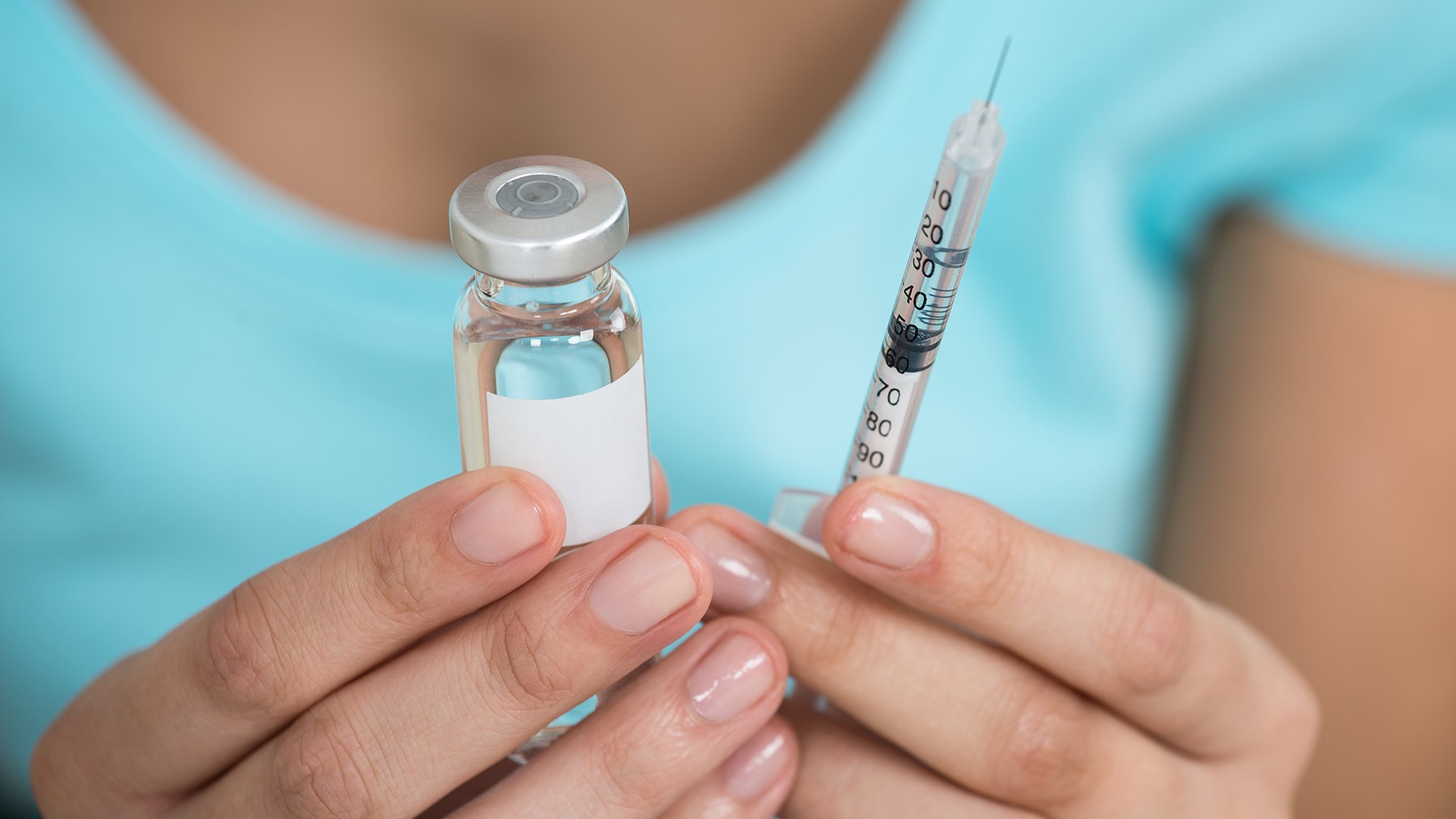
For some individuals, having their blood taken or receiving a required immunization isn’t a huge deal. For many others, the mere thought of a needle circling near their skin brings tears. And for around a quarter of the population, the dread is so intense that they develop trypanophobia or an extreme fear of injections. A fear of needles isn’t a sign of weakness, and it doesn’t imply that a person is overly sensitive or theatrical.
Some folks who are afraid of needles have an association phobia, in which a painful event, usually psychologically, initially caused the dread of needles. There is an aversion to being directed or restricted in resistant fears. There is a hereditary vulnerability to pain in persons who experience hyperalgesic dread. Fear of needles is associated with fainting or feeling faint in many people. When fear is provoked, for as by seeing blood or thinking about getting an injection, the heart rate and blood pressure rise briefly before immediately falling. This drop in blood pressure can result in fainting. When a person’s fear is triggered, they often feel panicked.
The worry that accompanies fear of needles is extremely real, and it can have a wide range of consequences for you or your child. During the days and nights leading up to a medical operation, you could feel anxious or sleepless. Alternatively, you may choose to forego tests, treatments, or dental procedures that are intended to keep you healthy and improve your quality of life. People who are hypersensitive to pain or have a history of anxiety are more likely to develop a fear of needles. Having a family member with needle fear can also be a risk factor, implying that the disorder has a genetic component.
Ways to manage and overcome the fear of injections:-
Hydrate
Even if you’ve been ordered too fast too or blood work, drinking water the night before makes the veins more noticeable. For optimal health, 3 litres of water per day is advised, which is more than enough for getting your blood drawn.
While there are plenty of other things that can make a blood draw more painful than necessary, holding your breath might cause your body to stiffen up, making the procedure more difficult. The most important trick to a pleasant visit is to stay hydrated. So next time you must drink plenty of water for r better experience.
Breathing work
The fear response in your body is triggered by needle phobia. You may feel dizzy or lightheaded when your heart accelerates and your breathing gets shallow. Taking slow, deep breaths is an excellent way to relax. Put your hands on your tummy and concentrate on the movement of your hands up and down with every breath. Just pay very close attention to your hands on your belly whenever your mind wanders. Many more breathing techniques may be found online; try them out; they will benefit you. Just know it all is in your mind your constructive mindset will help you.
Consult your service provider.
While a blood draw or needle may not be something you anticipate forward to, you may collaborate with your healthcare team to develop ways to make these quick but important procedures as smooth as possible. “All fears and anxiety that arise during a blood draw are legitimate. Some people despise having their blood drawn, but working together with your paramedic and sharing your concerns is the best approach to ensure a happy experience. Please remember to use your resources, and if you have any concerns before you collect blood, feel free to ask beforehand.
Address the possibility of fainting.
Some patients pass out before or during injections, and this temporary loss of awareness might exacerbate a fear. A dip in blood pressure causes fainting. It’s a vasovagal reaction, which is an instinctive reflex triggered by particular triggers like blood or a needle. If you’ve ever fainted during an injection, tell the health care provider ahead of time. Ask whether you can lie down with your feet raised to around the level of your heart. Lift your knees or sit with your legs crossed if you can’t lie down.
Distract yourself
Distraction tactics can assist you in diverting your attention away from the injection. If you’re an adult who is afraid of needles, you could feel at ease making small talk with the person giving you the shot. If you’re shyer, you can just engage with your surroundings through your senses.
Your adolescent or preteen can use their phone to check text messages or social media updates if they need to be distracted. When it comes to diverting young kids, you have even more alternatives. While they’re getting an injection, tell them a tale or sing them a song.
Attempt pain-relieving strategies.
Blocking out the pain of a shot is one of the simplest techniques to help you cope with having an injection. You can achieve this by numbing the region using a topical anaesthetic numbing lotion. An over-the-counter cream can suffice, but for optimal results, make sure to follow the package recommendations.
Because it’s difficult to predict exactly where the needle will reach contact with the skin, you’ll probably need to apply it many times. Consider reaching out to the physician ahead of time to see if they have any topical anaesthetics on hand.
Formulate a plan.
You will feel more in control of things if you have a plan in mind. So, think about the various tactics listed below and combine them to manage your phobia. If your child is afraid of needles, work with them to develop basic tactics that they can use when their anxiety rises.
Schedule injections at times when the clinic isn’t as crowded as possible, so the physician isn’t in a rush and you don’t have to wait as long. Sitting in a busy waiting room for a long period or watching others have injections will only increase your anxiousness.
